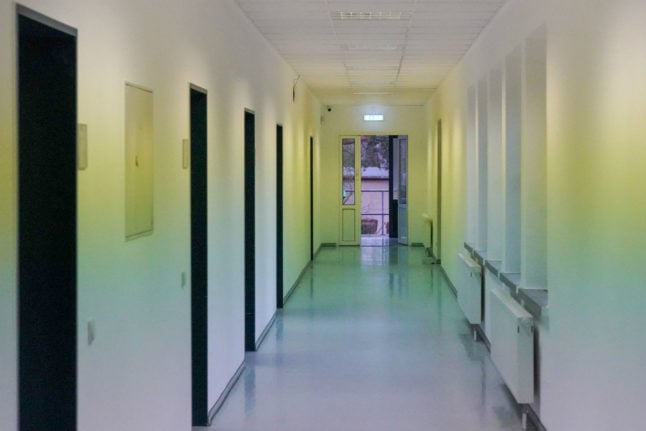German health authorities reported 348 more deaths within 24 hours – bringing the total number since the beginning of the pandemic to 30,126, the Robert Koch Institute (RKI) announced on Monday. In addition, 10,976 new coronavirus infections were reported.
However, the number of newly infected people and victims can only be compared with the previous week's figures to a limited extent, as the RKI expected a lower number of tests – and also fewer reports – from the health authorities over Christmas and New Year.
Exactly one week ago, 16,643 new Covid-19 infections were reported within one day. The highest number of deaths, 952, was reported on December 16th.
According to the RKI, about 96 percent of those who died from the disease were over 60 years old. About 20,000 were over 80 years old. Just over 1,000 were between 35 and 59 years old. Fewer than 60 of the deceased were younger than 35.
Elderly people belong to the coronavirus risk groups, suffer a severe course of the disease more often and have to be treated in intensive care units.
READ ALSO: Why have the number of coronavirus deaths in Germany increased so quickly?
According to the DIVI Intensive Care Registry, 12,040 of the 47,084 coronavirus patients treated in the ICU to date have died. That's about 26 percent of ICU corona patients.
Health expert and Social Democratic (SPD) politician Karl Lauterbach said he assumed that the number of coronavirus deaths in Germany today would be many times higher without the health measures taken since March.
“Certainly, 250,000 people would have died in Germany so far and we would still not have complete herd immunity,” he told DPA.

This graph (credit: DPA) shows which parts of Germany have had the highest number of infections were 100,000 residents over the past seven days.
Vaccine on the way
The growing numbers come as Germany rolled out its first vaccine jabs at the weekend.
Health Minister Jens Spahn said he expects an additional vaccine from US manufacturer Moderna to be approved “in the first days of January”, he told Bavarian Radio's “Bayern 2-radioWelt” on Monday.
READ ALSO: 'A question of life and death': Can Germany speed up the Covid-19 vaccine roll-out?
Two to three other candidates are on the way to approval, he added, and reiterated the goal of being able to offer every person a vaccination by the summer.
“Christmas next year should be able to go back to normal.”
A total of 136.3 million doses of the BioNtech/Pfizer and Moderna vaccines have been secured, according to the health ministry, almost all of which could be delivered in 2021.
With two necessary doses each, 68.2 million people in Germany could be vaccinated – with 83 million inhabitants in Germany.



 Please whitelist us to continue reading.
Please whitelist us to continue reading.
Member comments